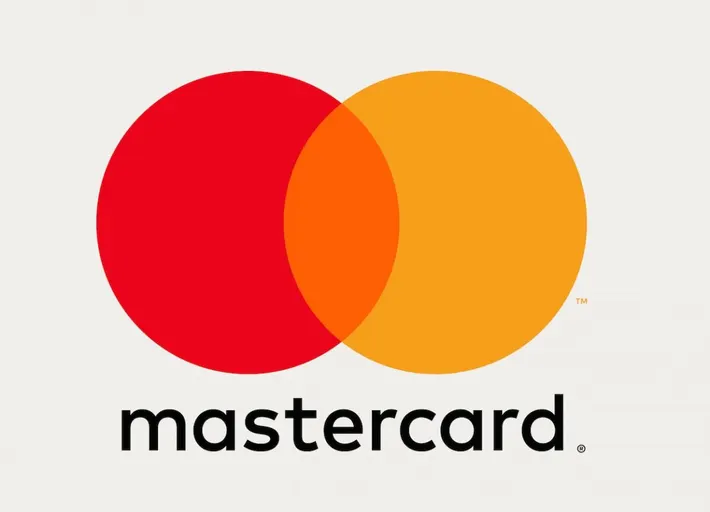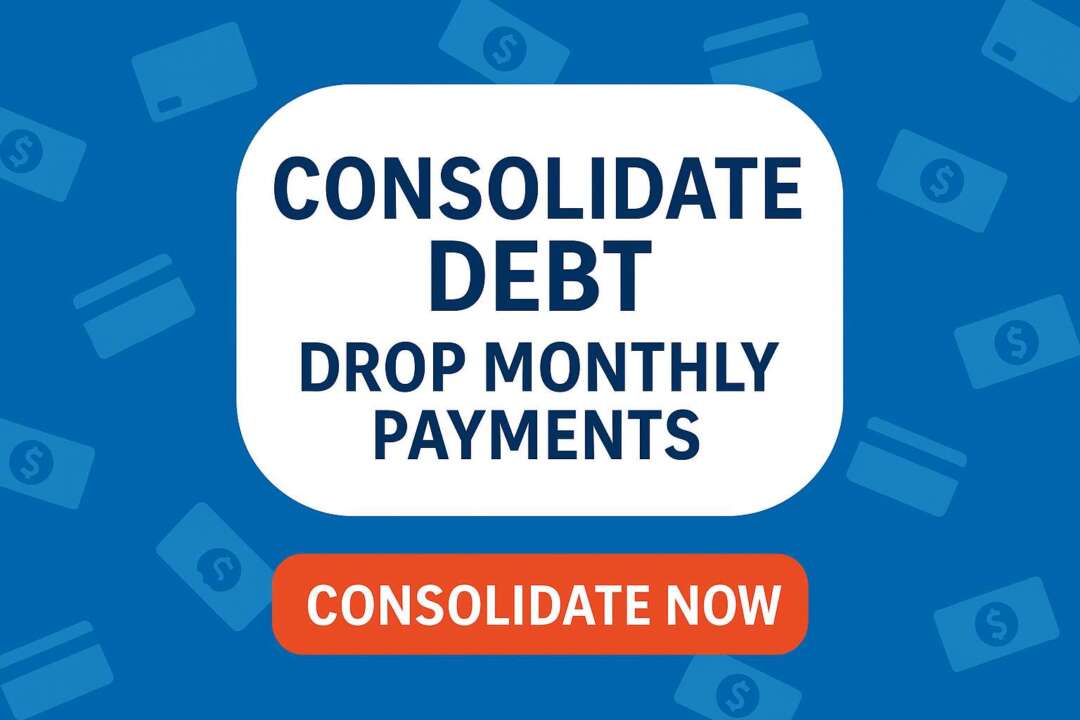How does Credit Card Interest (APR) works and how it impacts you.
No one likes paying credit card interest or watching it grow like a weed you can’t kill. Credit card interest often sinks its claws into people before they really understand how it works. It can seem so manageable for months. And then one day, it is completely, utterly, painfully, unmanageable. So, we’re going to break down how credit card interest works and how you can constructively use credit cards without ever paying a penny in interest.
The interest on a credit card is represented as an APR.
APR stands for Annual Percentage Rate. That means that it is the percentage you would be charged on an annualized basis. But, it’s important to recognize that credit cards charge interest at the daily rate. So, let me show you how all that works.
Let’s say that you have a credit card with an APR of 24%. Say you charged $1000 on your credit card this month, but pay the entire balance when you get the bill. You will not be charged any interest, because you didn’t carry a balance over from one pay cycle to the next. If you pay your balance in full every month, you will never pay any interest. Period. It’s that simple.
But let’s say you carried a $1,000 balance *after* you had paid your minimum payment amount. You will be charged 24% annualized interest on that $1000 as long as you carry the balance. But, the interest will accrue on a daily basis. To get the daily interest rate, you have to divide the APR–in this case, 24%–by 365 days. In this case, your daily interest rate would be this delightfully long number [0.06575342%]. When you multiply that number by your daily balance of $1000, you will accrue 66 cents a day in interest. At your next payment date, you will owe a total of $19.73 in interest because of the $1000 balance. That doesn’t sound too bad. But if you carried that balance for a full year, your interest expense would be $240. Interest can really add up.
There are a few ways that credit card interest can cost more than you expect, though. Remember how I mentioned that you aren’t charged any interest when you pay your bill in full every month? Well, if you carry a balance, even a measly $1 balance from the last month, all of your charges during the month will immediately accrue interest at your daily rate. You only get a grace period on interest expense if you paid off your balance in full at the last statement.
Consider this example:
You carry a $1000 balance over from the previous period. The very next day you make a $1000 purchase with the card. Your balance is now $2000 and your interest will be calculated on that $2000 even though only $1000 of it carried over from last month.
Most cards actually have two different APRs, too. There is the normal APR and then there is an APR that they charge if you ask for a cash advance. If your balance is zero, but you ask for a $1000 cash advance to help cover rent, the card usually charge you a cash advance fee of a few percent and then immediately start charging you a daily interest rate. The cash advance interest rate is usually higher than the normal one. Until you pay off the balance in full, all your charges will be charged at that higher cash advance interest rate.
I know of at least one credit card that will increase your interest rate if you are ever late on a payment. That means that being late just once can mean that your 24% APR could immediately jump to 28 or 30%…and stay there. So, you will want to review your credit card terms and conditions to make sure you understand how your credit card works.
There is a much more common reason why your interest rate could go up.
Most credit cards tie the interest rate to the fund rate that is set by the Federal Reserve. That means that if the Fed raises interest rates, your credit card interest rate will go up as well. Of course interest rates can also go up because delinquencies have risen or because the banks are struggling with profitability. Most credit cards reserve the right to change your interest rate at any time. This is not unusual for a revolving, open line of credit. Some credit cards indicate in their terms and conditions that they will not change the rate more than once every 3-4 months. Some do not. In general, you are unlikely to see your credit card interest rates changing frequently. But that can change, even while you’re in the middle of paying off your balance.
The last thing you need to know is that the interest you accrue will never compound. The credit card company will never charge interest on the interest that you owe. To continue the example above, after you have accrued 66 cents in interest on day one, your interest on day two will not be calculated on $1,000.66 (which is the total you owe now), but rather just on the $1,000 that is your principal balance. In fact, your minimum due payment every month will include all of the interest that has been accrued since your last payment plus a small percentage of your outstanding balance. So, you will never carry the interest over from one period to another unless you fail to make the minimum due payment.
So, why is it that credit card interest can be so tough on people?
Well, it’s not the size of the interest, actually. It’s the fact that credit cards do not require you to pay down your balance very fast. In other words, the problem is that you can be paying interest on a balance for years. If you just pay the minimums on your credit card and never make another charge, it will take you over ten years to pay the card off. In some cases, it could take more than 15 years. The problem with credit card interest is that it can hang over you for a long time.
But, remember, if you pay off your balance in full every month, you will never pay interest. You could use a card for decades and never pay a single penny in interest. That’s the ideal.
If you are looking for a new credit card, maybe one with a lower APR, or one with better rewards, go to The Yukon Project.
At our credit card marketplace page, you can check out a bunch of different types of cards. You can review their most recent policies, APRs, and current sign-up bonuses. It’s a great place to research a bunch of different cards all in one place.
If you have any other questions about credit card interest rates, leave a question below and we will try and get it answered for you. If you found this information helpful, please like this video and subscribe to our channel. Your support helps us out and we really appreciate it.






























